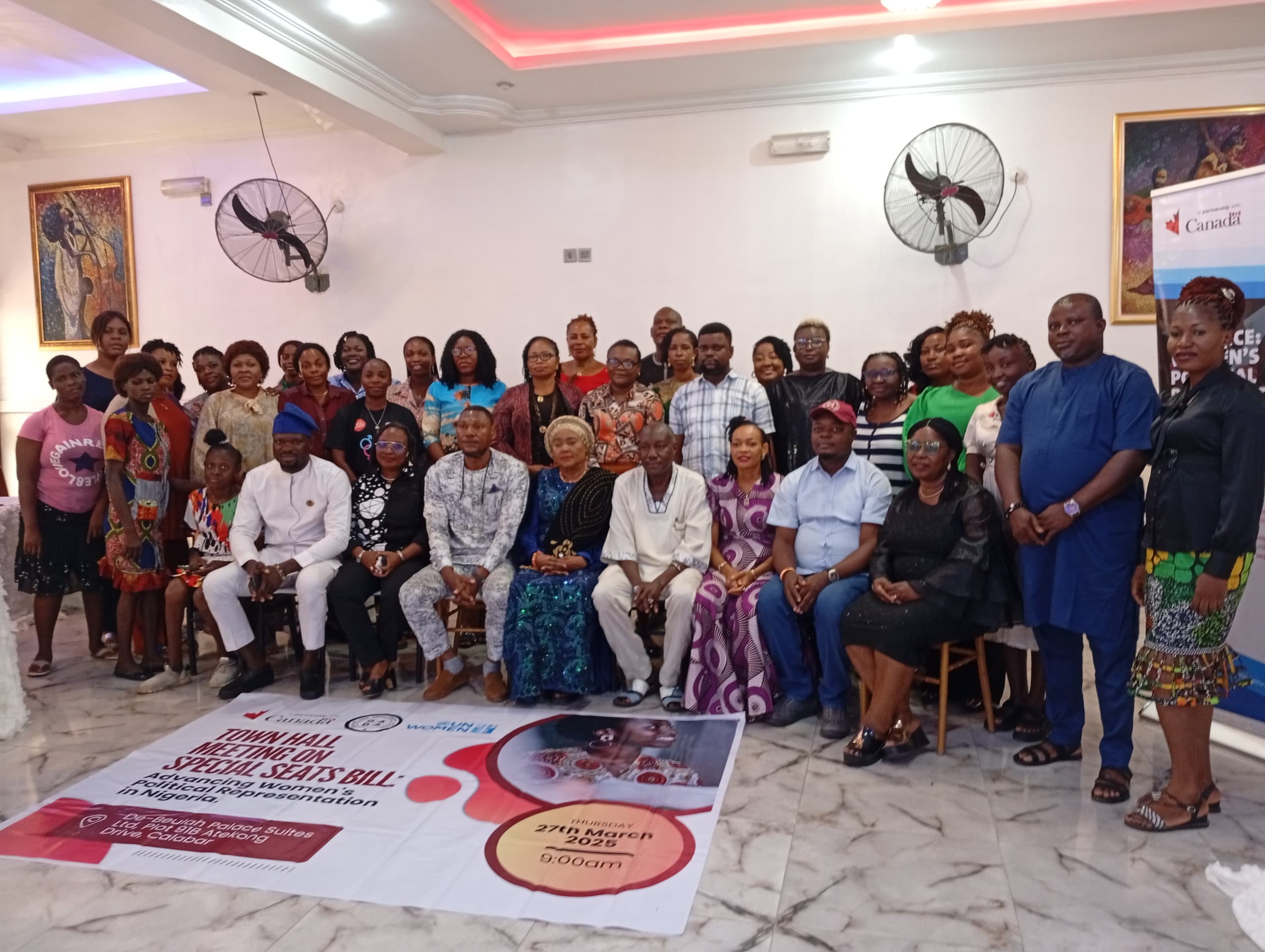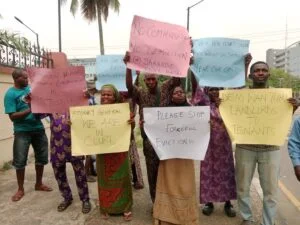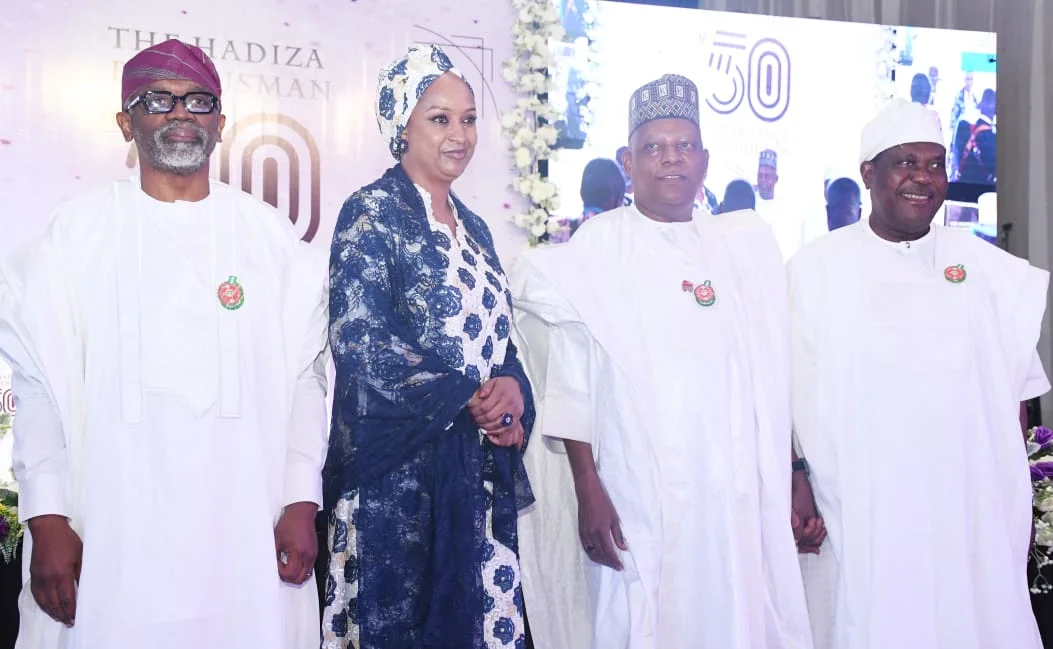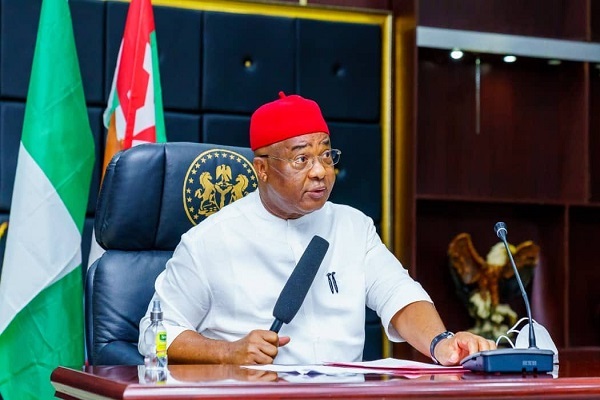UN Women Nigeria, in partnership with the Women Political Participation Partners Working Group, has called for nationwide support for the passage of the Special Seats Bill.
The bill aims to increase women’s political representation through unified action and strategic advocacy across all levels of society.
The call was made during a conference held Wednesday in Abuja, themed “Special Seats: Opportunities and Challenges – Options for National and Grassroots Advocacy.”
Mrs Beatrice Eyong, UN Women Representative to Nigeria and ECOWAS, said the Bill would address the deep gender imbalance in Nigeria’s political landscape.
She noted that women held only 3 per cent of the seats in the Senate and 3.9 per cent in the House of Representatives.
“We must come up with an actionable plan that gives Nigerians an opportunity to engage and add their voice to this parliamentary initiative,” Eyong said.
She highlighted UN Women’s ongoing advocacy efforts, including weekly broadcasts on 15 radio stations and two TV stations, as well as print and digital media outreach.
“UN Women will also support 120 town halls across 24 states to engage citizens and encourage memoranda submissions to the National Assembly’s Joint Committee on Constitutional Reform, backed by over 500,000 physical endorsements.”
Mrs Ebere Ifendu, Chairperson of the UN Women Participation Technical Working Group, said the bill proposed special seats for women as a temporary but essential measure to fast-track inclusive governance.
“Its passage will move women’s political participation from incremental gains to substantial growth.
“The bill seeks to amend Sections 48, 49, and 91 of the 1999 Constitution to create 74 seats in the National Assembly and 108 seats in State Houses of Assembly, totaling 182 dedicated seats for women,” she added.
Dr Asaba Vilta-Bashir, Director-General of the Maryam Babangida National Centre for Women Development, underscored the importance of grassroots advocacy to build public awareness and support.
Dr Chidozie Aka, Special Adviser on Legislative Duties to Deputy Speaker Benjamin Kalu, argued that women deserved even more than the proposed 74 seats and called for broader support.
The conference convened stakeholders from civil society, politics, and development sectors to strategise on how to mobilise public backing and ensure the Special Seats Bill is passed by the National Assembly.(NAN)





